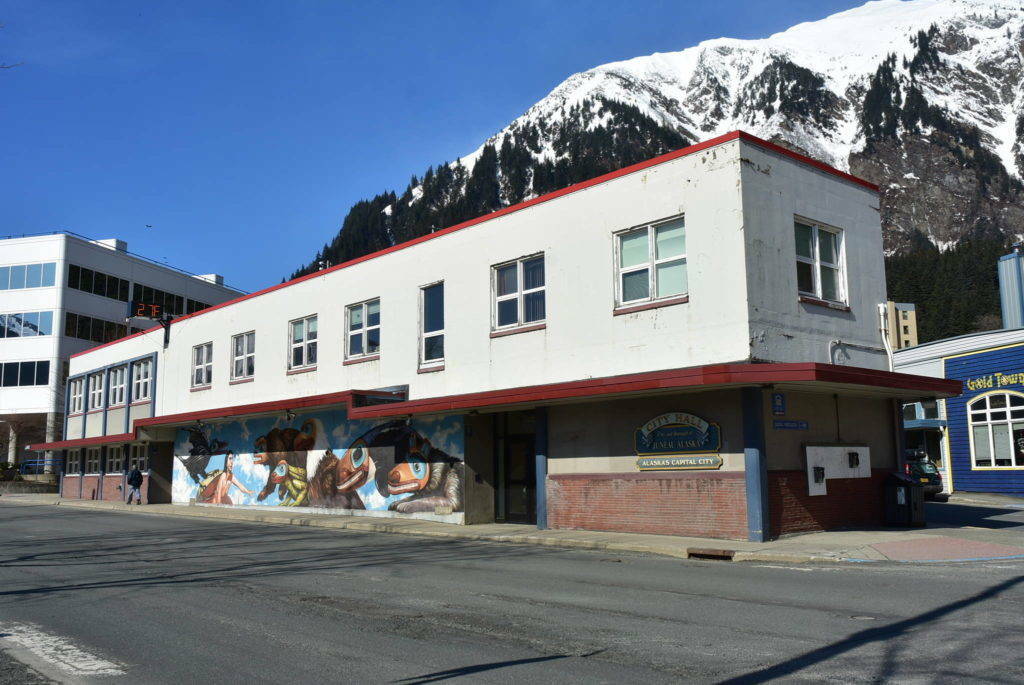The City and Borough of Juneau collected more sales tax money than expected during the first quarter of the fiscal year, Jeff Rogers, CBJ finance director, told the city’s finance committee Wednesday night in an overall rosy report about revenues to date.
“This was a big surprise,” Rogers said in the meeting. “This could tell us the economy is moving to a more normalized place. It could mean that some activities are coming back.”
Rogers said the city expected $11 million in sales tax but pulled in $12.7 million during the first quarter, including July through October.
“I don’t know all the factors that go into it,” Rogers said. “But sales tax doesn’t lie.”
[Tourism survey yields ‘remarkable,’ ‘interesting’ data]
Rogers speculated that several factors were likely at play.
Rogers said the limited return of cruise ship passengers helped to drive sales tax revenue, as did independent tourists, and “a certain amount of relief” early in July when COVID-19 restrictions lifted rapidly, and many people believed that the pandemic was coming to an end.
In late July, the delta variant of COVID-19 led to more restrictions and people shying away from public life amid more limits on dining out and bars.
Rogers said that overall inflation is also likely part of the equation.
According to the New York Times, “overall prices rose 6.2 % over the past 12 months, the fastest pace since 1990, and inflation began to accelerate again on a monthly basis.”
“We are seeing very real inflation and we should not underestimate how important that is,” Rogers said.
In addition, Rogers said that the hotel bed tax for the same period looks strong, but the numbers are still in review. He said if the numbers are correct, it could signify significant independent travel to the city and local industries keeping people in town for more extended periods.
Remote sales tax revenue is also increasing, Rogers said.
Increasing revenues along with an influx of federal support mean the 2022 budget is “just better than balanced,” Rogers said.
The updated projection reflects some unanticipated municipal expenses, such as $700,000 for the ballot processing center, $3 million for work at Don D.Statter Harbor, and $2.5 million for the downtown Seawalk.
Before the finance committee meeting, assembly members passed a resolution that allows the city to apply for additional federal funding through the state. The grant explicitly targets communities that lost significant revenue due to the pandemic.
Adrien Speegle, CBJ budget analyst, said that $50 million is available across eligible communities that can prove economic harm from the pandemic.
As part of the application process, Juneau is stating a 12.7% revenue loss through Dec. 31, 2020, she said.
Rogers said that Juneau experienced more economic harm than other areas of the state due to the pandemic, but it’s too soon to tell how much the city may receive from the grant.
• Contact reporter Dana Zigmund at dana.zigmund@juneauempire.com or 907-308-4891.

